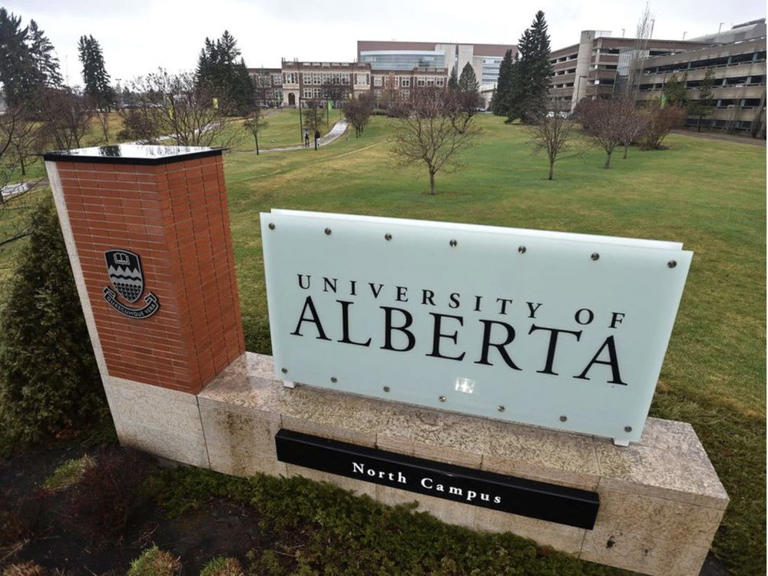Opinion by Carolyn Sale -
In the last few years, the University of Alberta has faced twin attacks that pose a threat to its future as one of Canada’s top research universities. It has had hundreds of millions of dollars lopped out of its budget by Alberta’s UCP government. These cuts have been devastating. But equally troubling internal developments are threatening the university’s system of governance.

University of Alberta campus.© Provided by Edmonton Journal
When the university was incorporated under The University Act of 1906, it had only one governing body, with members appointed by the government. But in response to the recommendations of the Flavelle Commission , which sought to prevent political interference in public universities, the university joined all other universities in Canada in embracing a bicameral model of governance under which the senior academic body of the university has responsibility for academic affairs and the board of governors has responsibility for financial and administrative matters.
This was formalized in the revision to The University Act in 1910 and has been a cornerstone of all revisions since. The current law specifies that the university’s general faculties council (GFC), “subject to the authority of the board, … is responsible for the academic affairs of the university.”
Since 2020, GFC’s ability to fulfill its statutory role is being undermined. On his first official day on the job in 2020, President Bill Flanagan announced he had laid off the person responsible for safeguarding the university’s governance processes, university secretary Marion Haggarty-France. Across the fall of 2020, the GFC faced considerable obstacles to it playing something that resembled its proper statutory role even as the university community experienced a shallow consultation process about the radical restructuring forced by the UCP’s cuts.
Then, when GFC, responsive to the strong message it had heard from the university community, did not agree to recommend that the board create new senior administrators called “college deans,” President Flanagan refused to represent the GFC’s position to the board.
The outcry from the university community at his choice to “recuse” himself from the board’s decision-making was tremendous. Formal expressions of concern included a letter from department chairs claiming a breach of trust and the establishment of an ad hoc committee of GFC to review what had happened. That committee’s final report in March 2022, declared that “[t]he events of fall 2020 demonstrated the need to reinvigorate bicameral governance at the University of Alberta and to take seriously the role of GFC as the body responsible for the academic affairs of the university.”
Despite these developments, just three months later the university community had to learn from a student reporter’s tweets that the president had decided to bypass GFC altogether and take his recommendation for how these new college deans are to be selected straight to the board.
Nothing could possibly have more impact on the academic affairs of the university over the next five years than the work of the college deans who will be appointed under the new selection procedure, but GFC could not make a recommendation in regard to a proposed policy item about which it was kept in the dark.
At its September meeting, the board chair informed GFC that the board had “pressured” the president to bring the recommendation straight to the board. Both she and the president are now claiming that the board has an “exclusive jurisdiction” over the appointment of senior academic officers that allows them to circumvent GFC’s right under Section 26.1(o) of the Postsecondary Learning Act to make recommendations to the board on any matter.
To ensure GFC could exercise that statutory right, the president was advised a motion would be brought to the next GFC meeting calling on the president and provost to notify GFC in advance of any policies they were planning to bring to the board. At the Oct. 3rd meeting of the GFC executive, the president declared he would rule any such motion out of order. He added that if someone wishes to take the matter to judicial review he will be happy to see them in court.
It is a very sorry day for a treasured public institution in which generations of faculty, students, alumni, and taxpayers have invested for its president to seek to defeat the GFC’s statutory right to play its proper role in the development of policies relating to the academic affairs of the university.
Perhaps it is time for a 21st century successor to the Flavelle Commission. An independent investigation of what has been occurring could be the opportunity for recommendations to strengthen the bicameral system of governance not just at the University of Alberta, but across Canada.
Carolyn Sale is an associate professor, Department of English and Film Studies, University of Alberta.
No comments:
Post a Comment